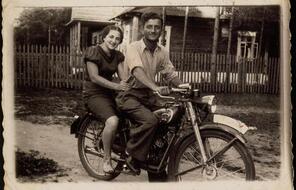Resource Library
Find compelling classroom resources, learn new teaching methods, meet standards, and make a difference in the lives of your students.
We are grateful to The Hammer Family Foundation for supporting the development of our on-demand learning and teaching resources.

Introducing Our US History Curriculum Collection
Draw from this flexible curriculum collection as you plan any middle or high school US history course. Featuring units, C3-style inquiries, and case studies, the collection will help you explore themes of democracy and freedom with your students throughout the year.
3349 Results
Staging the Compelling Question
Students are introduced to the compelling question by annotating the question and completing an anticipation guide about educational justice.
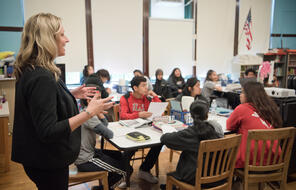
The Refugee Crisis and 1930s America
Students are introduced to the many factors that influenced Americans’ will and ability to respond to the Jewish refugee crisis, including isolationism, racism, xenophobia, and antisemitism.

Refugees and Rescuers: The Courage to Act
Students explore the intertwined personal stories of Jewish refugees who attempted to flee to the United States and the American rescuers who intervened on their behalf.
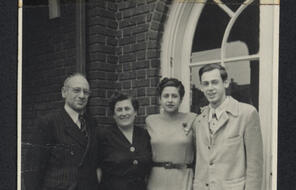
Dr. King's Legacy and Choosing to Participate
Students analyze Martin Luther King Jr.'s final speech and consider how they can respond to King's challenge to create a more just world.
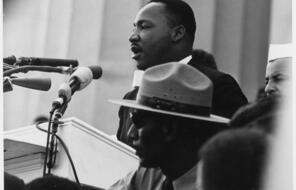
Memphis in 1968: The Sanitation Workers' Strike
Students learn about the 1968 Memphis sanitation workers’ strike and reflect on the relationship between identity, dignity, and community membership.
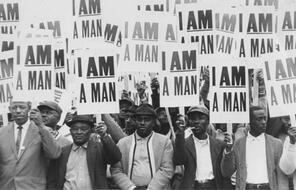
Three Visions for Achieving Equal Rights
Students examine the strategies of three key civil rights leaders, Martin Luther King Jr., Malcolm X, and Stokely Carmichael.
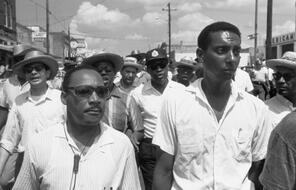
Contemporary Antisemitism and Youth
Students explore ways that young people experience and stand up to antisemitism by examining recent research and exploring stories of young upstanders.

Jeunesse et antisémitisme contemporain
Les élèves réfléchissent à l'antisémitisme actuel rencontré en ligne et sur les campus des universités, et ils explorent des exemples de jeunes qui s'y opposent.

Recognising Antisemitism in British Football
Enable students to use their experiences as fans or members of a team to explore contemporary antisemitism in British football clubs.

The Refugee Crisis and Human Responsibility
Students learn about the legal rights of refugees and then use poetry to develop a personal connection to the current global crisis.

Confronting Genocide Denial
Students will explore some of the causes and consequences of denying the Armenian Genocide and reflect on the role of public art to commemorate difficult histories.


